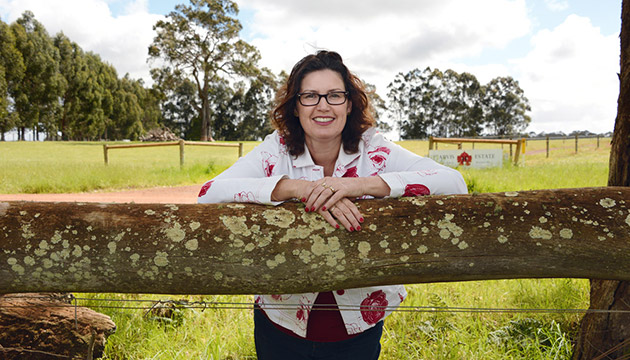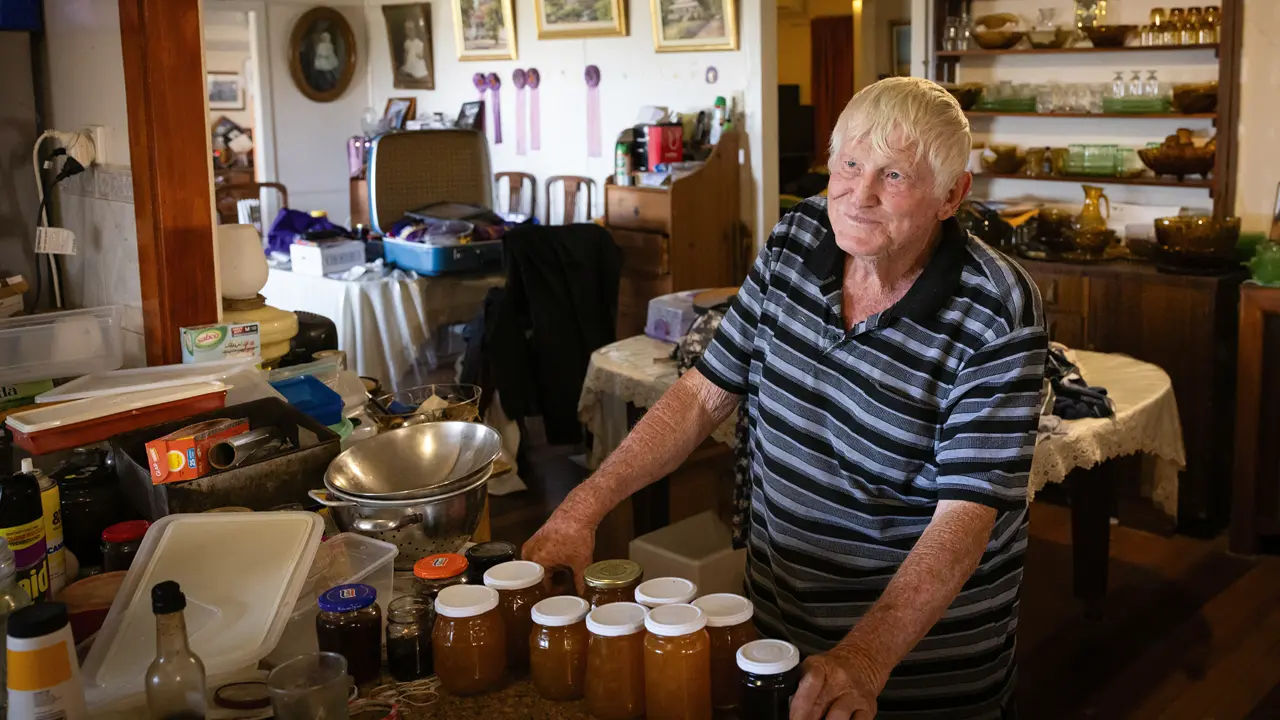Rural Woman of the Year runner-up Jackie Jarvis is making vital links in the agriculture sector between those who need workers and those who want to work.
Story By Kerry Faulkner
Jackie Jarvis’s first job was as a teenager in a commercial vegetable garden at Wanneroo, WA, and she remembers vividly sitting alongside her mother, both of them behind a machine that planted cauliflower. “Mum and I would sit on a seat each and put the seedling in a little arm, which would plant it,” she says. “I remember one thrilling school holiday, me and a bunch of other teenagers had to shovel out the chicken shed because the chicken farmer was giving all the chook poo to the market gardener. So for the grand sum of $2.50 an hour we were shovelling chicken s--t in summer.”
She swore that when she left school she’d never work in agriculture again. The irony is not lost on her that more than three decades later, at age 46, the very project that earned her the title of runner-up in the prestigious national Rural Industries Research and Development Corporation (RIRDC) Rural Woman of the Year 2014, focused entirely on agriculture and sourcing immigrant labour to meet the sector’s worrying shortage.
“If you look at the history of WA, and it’s probably the same for every country – the people who do the low-level agricultural jobs are always the migrants,” she says. “It’s always been that way; in the ’50s for example, when the Italians and Greeks came in, they started to work in horticulture. But we have a situation now where we don’t take unskilled migrants. This is why we have a problem with labour supply in agriculture because we stopped taking unskilled migrants because we want to be the clever country.
“At the same time we told our own kids, ‘No, no you’ve got to go to university, you need to get better jobs than we did’,” she says. “It’s a double whammy; our own kids don’t want to work in agriculture in those lower-levels jobs and at the same time we’ve stopped taking unskilled migrants.
“Anyone in the agriculture sector will tell you, most of the low-level work has been done by backpackers for the last 10-plus years and they are great for short-term seasonal stuff, but it is getting to the point we can’t keep running the whole industry on a transient workforce. That’s why a refugee project appealed to me because suddenly there was a group of people coming into this country who might be interested in working in agriculture.”
This Story is from Issue #98
Outback Magazine: Dec/Jan 2015










